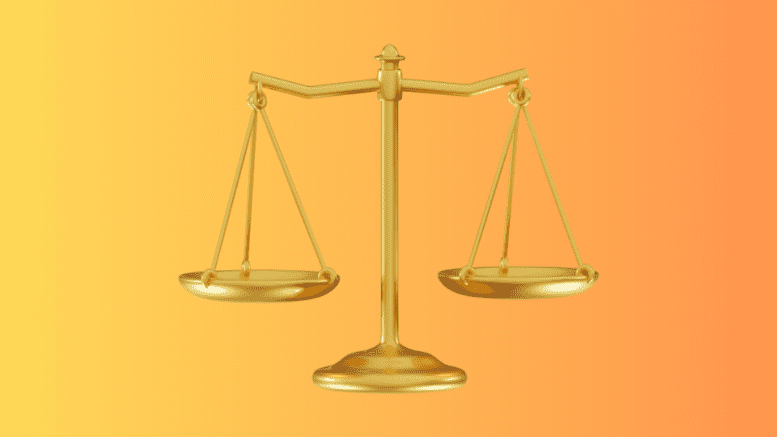By John A. Tures, Professor of Political Science, LaGrange College
Earlier this Spring, a key figure in the government hinted that figures in the American government are thinking about suspending the writ of habeas corpus, the concept that one’s detention can be challenged in court. Though the administration claims it would only be used in the cases of immigration, the consequences can be far-reaching for all American citizens.
“Stephen Miller, the White House deputy chief of staff, says the legal principle is a “privilege” that could be suspended to make it easier to detain and deport immigrants,” writes Robin Levinson King with the BBC.
It means that those accused of crime have the right to appear before a judge and challenge their detention in court, a key cornerstone of a democracy that predate even the Magna Carta from 1215. And yes, it’s in the U.S. Constitution.
“Article One of the US Constitution states that ‘the privilege of the writ of habeas corpus shall not be suspended, unless when in cases of rebellion or invasion the public safety may require it.’”
It’s not every day that this key protection of Americans has been threatened with suspension. Yes, the Civil War is replete with such cases. Shortly after taking office, U.S. President Abraham Lincoln suspended it between Philadelphia and Washington DC, as acts by Marylanders threatened to cut off the nation’s capital.
That’s when a Marylander named John Merryman was accused of training up a secessionist militia. He was arrested under that habeas corpus suspension. This led to a showdown between President Lincoln and Chief Justice Roger Taney. Given the latter’s role in the notorious Dred Scott case, there was little love between the two men, notes Scott Bomboy with the National Constitution Center.
Chief Justice Taney argued that only Congress could suspend the necessity of the Writ of Habeas Corpus, and that many writings of Founding Fathers (from Chief Justice John Marshall to President Thomas Jefferson) were of the opinion that this was a legislative power. After all, Article I deals with legislative powers.
When signing this order, and other orders suspending Habeas Corpus Writs in other places and contexts, Lincoln argued that the U.S. Constitution did not specifically say Congress was in charge of determining whether this should be suspended. He also argued that a rebellion was going on, and that the Founders surely didn’t want to wait until Congress met, debated and voted while the nation was at risk. He ignored Taney’s ruling.
But even though Lincoln is seen as a hero and Taney a villain in history, the Supreme Court has generally sided with Taney’s ruling that the suspension of the writ of habeas corpus is a legislative power, not an executive power. As History.com editors write “Five years later, a new Supreme Court essentially backed Justice Taney’s ruling: In an unrelated case, the court held that only Congress could suspend habeas corpus and that civilians were not subject to military courts, even in times of war.” I’d like to add that this court included five justices nominated by Lincoln himself. They saw the danger of giving so much power over citizens to one person.
Moreover, as the BBC notes “The courts have found that both US citizens and non-citizens have the right to habeas corpus. In 2008, the US Supreme Court extended this to include non-citizens detained in a foreign prison – such as Guantanamo Bay in Cuba.”
We face neither a rebellion, nor a true invasion by a foreign power. The rights of all Americans need not face the jeopardy of arrest without cause just so the government can claim some political victories on the immigration front. Those who would trade our valuable freedoms granted by our Founders to make government leaders look good will definitely regret it when such a government wields it to devastating effect, as some citizens found during the Civil War.
When John A. Tures is a professor of political science at LaGrange College in LaGrange, Georgia. His views are his own. He can be reached at jtures@lagrange.edu. His “X” account is JohnTures2.
